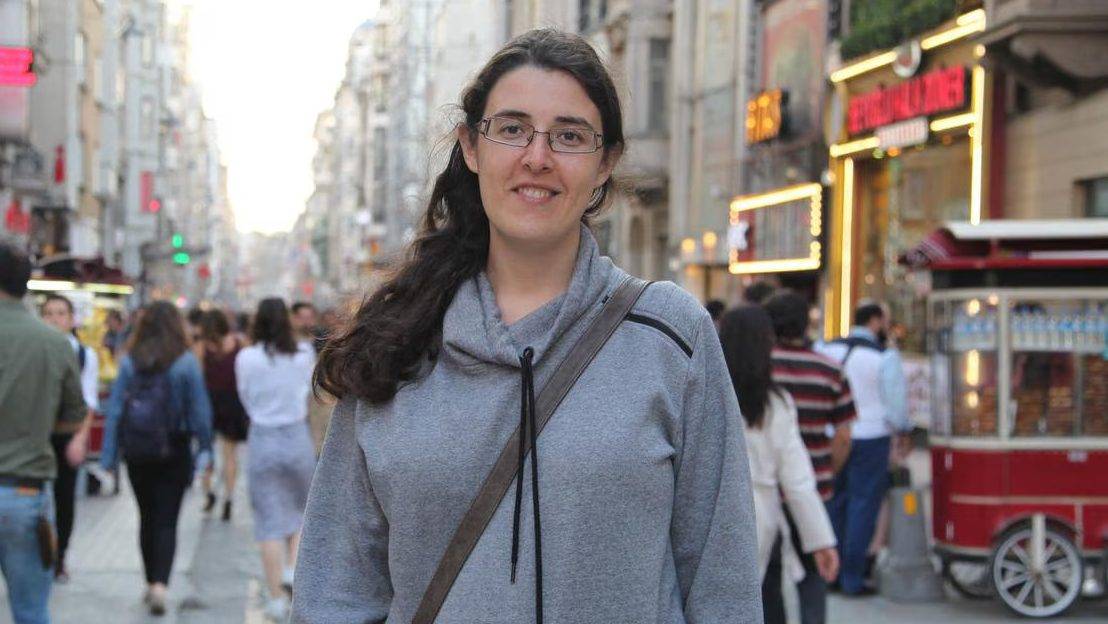Iraqi Prime Minister Mohammed Shia al-Sudani and US President Donald Trump announced the release of Elizabeth Tsurkov, an Israeli-Russian academic abducted in Baghdad in March 2023, but their accounts sharply diverged on who was responsible for her captivity.
Prime Minister Sudani praised Iraqi security services for what he described as a carefully executed intelligence-led operation that secured Tsurkov’s freedom on September 9. Military spokesman Sabah al-Numan said she had been held by “a group of outlaws” and was handed over to the US embassy in Baghdad, where she reunited with her American citizen sister.
President Trump, in contrast, claimed on his Truth Social platform that Tsurkov had been released by the powerful Iran-backed militia Kataeb Hezbollah after enduring months of torture. He did not specify his role in the process, though he suggested direct involvement.
A senior Kataeb Hezbollah source told AFP that the group decided to free Tsurkov to “spare Iraq any conflicts” and to help facilitate the withdrawal of US troops “without a fight.” The source stressed that no rescue operation had taken place, insisting she was “released and not liberated.”
Tsurkov’s sister Emma publicly expressed gratitude to Trump, his envoy Adam Boehler, the US embassy, and the non-profit Global Reach for their support. “My entire family is incredibly happy. We cannot wait to see Elizabeth and give her all the love we have been waiting to share for 903 days,” she said.
Related: US Moves to Limit Student and Journalist Visas
The conflicting narratives highlight Iraq’s delicate political balancing act between its own security forces, Iran-backed militias, and the influence of the United States, raising fresh questions about who truly controlled Tsurkov’s fate.



